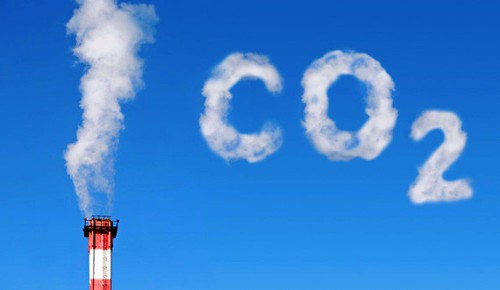This study aims to explore the centrality of NDCs and their review cycle in the functioning of the Paris Climate Agreement, the challenges they may pose and the opportunities they may provide for LDCs, and the COP26 priorities for the LDC group.
Climate change is one of the most important issues facing the international community that is using the momentum provided by the Covid-19 pandemic recovery to multilaterally address the impacts of changes in climate, especially on countries more affected by rising temperatures and with limited resources.
This research study aims at giving a comprehensive description and analysis of the multilateral effort against climate change led by the United Nations by means of the Framework Convention on Climate Change (UNFCCC). It first illustrates the evolution and the development of the climate action from the objectives and the mandate of the UNFCCC to the introduction of Kyoto Protocol and then the historic Paris Agreement. It subsequently dives into the workings of the Conference of the Parties (COPs) of the UNFCCC and the tools that the international community devised to fight global warming and reduce carbon emissions. The main focus is on analysing the current climate action from the perspective of Least Developed Countries (LDCs): priorities, challenges, and opportunities en route to the upcoming Conference of the Parties (COP26) taking place in Glasgow in November 2021.
Evidence suggests that the Paris Agreement is the main and most efficient asset to successfully reach the long-term goals of the UNFCCC and defeat one of the most enduring challenges that the international community has faced to date. Based on this assumption, the study analyses the current status of the efforts with regards to the Agreement’s “bottom-up” approach and goals. Specifically, it zooms into the central pieces of the Agreement: the Nationally Determined Contributions (NDCs) and the Paris Rulebook which is the set of instructions laying down the basics to effectively put the Agreement provisions in action. The Rulebook is still missing some important pieces that will comprehensively inform and guide countries into contributing to the international climate effort. The international community has yet to find consensus on various topics such as carbon markets and common time frames, which the study explores. The study also underlines the road map that will lead the international community to the soon-to-come negotiations in Glasgow.
The evidence gathered shows that LDCs experience different challenges imposed by climate change. Meanwhile, climate action offers opportunities for both developed and developing countries in order to fairly, cohesively, and more inclusively achieve a greener and sustainable future. Climate change and the inherent climate action provide the international community with the opportunity to work together to grant LDCs the support and assistance they require to fight not only the impacts of climate change, but social and financial issues hindering their development and preventing them to reduce the overall gap with developed countries.
